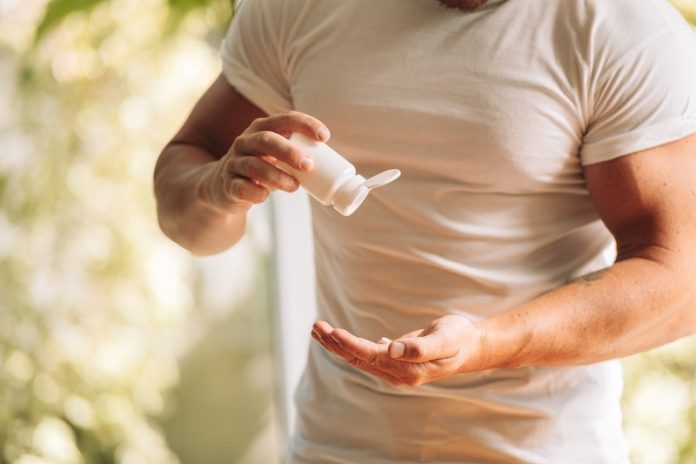
First, let’s talk about heart disease. It’s a condition where the heart can’t work as well as it should, often because the blood vessels get narrow or blocked.
This can lead to heart attacks or strokes. It’s a leading cause of death worldwide, so everyone’s looking for ways to prevent it.
Why Supplements?
We get nutrients from the food we eat. But sometimes, our diet might not provide enough of these nutrients. That’s where supplements come in – they’re like a little boost of nutrients in a pill, powder, or liquid.
Now, can these supplements help prevent heart disease? Let’s see what the research says.
Popular Heart-Health Supplements
Omega-3 Fatty Acids (Fish Oil):
-
- The Research: Many studies show that omega-3s can lower the risk of irregular heart rhythms and reduce bad cholesterol. They might also lower blood pressure slightly.
- How They Work: These fats, often found in fish like salmon, help reduce inflammation in the body. This can protect the blood vessels and the heart.
- How Much?: It’s best to get omega-3s from eating fish a couple of times a week. If you’re thinking about a supplement, chat with your doctor about the right amount.
Coenzyme Q10 (CoQ10)
-
- The Research: CoQ10 is a nutrient that our bodies make and use for energy. Some studies suggest it might help reduce blood pressure.
- How They Work: This supplement may help improve energy production in cells, act as an antioxidant, and help prevent blood clot formation.
- How Much?: The common dose in studies is often 100-200 mg per day. But always ask your doctor first.
Green Tea Extract
-
- The Research: Green tea is known for its antioxidants. Some research suggests that it can help lower cholesterol and blood pressure.
- How They Work: Antioxidants in green tea can help protect the heart by reducing inflammation and preventing cell damage.
- How Much?: Drinking green tea can be beneficial. If you’re considering a supplement, check with your doctor about the right dosage.
Supplements to Approach with Caution
- Red Yeast Rice: This has a compound that can lower bad cholesterol. But its quality can vary, and it might have side effects.
- Garlic: Some believe it can lower cholesterol and blood pressure, but research results are mixed.
Always talk to a doctor before trying any new supplement. Some can interfere with medicines or have side effects.
The Whole Picture
Remember, supplements aren’t magic pills. They’re part of a bigger picture:
- Healthy Diet: Eat plenty of fruits, veggies, whole grains, lean protein, and healthy fats.
- Regular Exercise: Aim for at least 30 minutes a day, most days of the week.
- No Smoking: It’s a major risk factor for heart disease.
- Limit Alcohol: Too much can raise blood pressure.
The Bottom Line
Supplements can be a part of your strategy to prevent heart disease, but they shouldn’t be the only strategy. Lifestyle is key.
Always talk to your doctor before starting any new supplement. They can guide you on what might be helpful, safe amounts to take, and any possible side effects.
Follow us on Twitter for more articles about this topic.
Copyright © 2023 Scientific Diet. All rights reserved.





